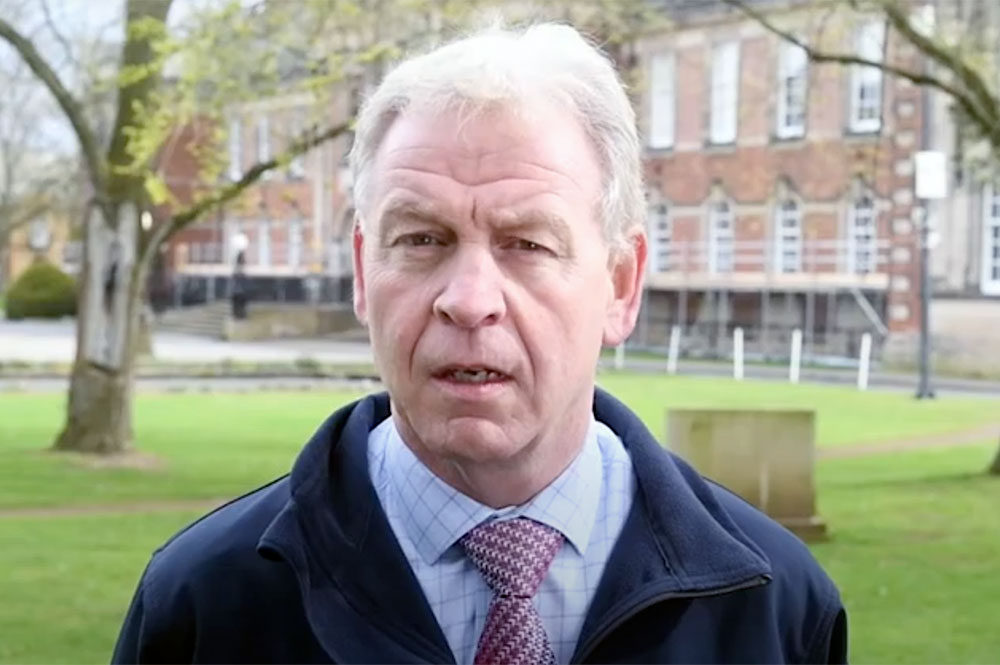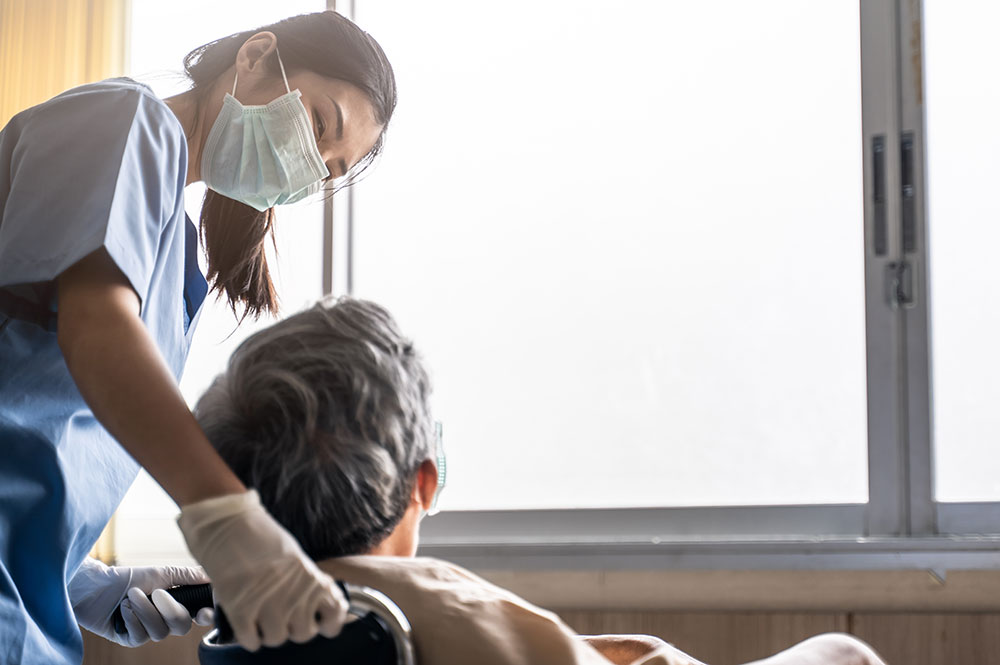Back-office council workers are being asked to volunteer to step into social care roles as the Omicron variant is reducing staffing levels due to illness and isolation.
North Yorkshire County Council is asking those in “non-critical services” in highways, planning and other office roles to help keep vulnerable people safe.
They would be asked to carry out tasks such as cooking, cleaning and helping older people to eat, as well as assisting them to speak to relatives on the phone or online.
[tptn_list limit=3 daily=1 hour_range=1]
The council said training will be provided and it will match new duties with volunteers’ normal working patterns.
Richard Flinton, who chairs the North Yorkshire Local Resilience Forum, said: “These emergency plans will only be used if needed but will hopefully provide sufficient volunteers to get us through the Omicron wave, which may see as much as a 40% reduction in available care staff due to illness or self-isolation.
“Staff would be deployed in such circumstances on a range of different duties supporting care delivery in our elderly persons’ homes and extra care settings to free up care colleagues to deliver direct care.

“So we are looking for colleagues to help with roles such as cooking, cleaning, helping people eat and drink and social activities/interaction, including helping people stay in touch with families virtually or answering telephone calls.”
Louise Wallace, North Yorkshire’s director of public health, said the infection rate per 100,000 of the population for the county is 1,623, with York at 1,698, and it is fast approaching the England average of 1,769.
Urging people to get vaccinated, she said: “These rates are unprecedented, higher than any since the start of the pandemic.”
Louise Wallace, North Yorkshire’s director of public health, said the infection rate per 100,000 of the population for the county is 1,623, with York at 1,698, and it is fast approaching the England average of 1,769.
[adrotate group=”3″]
Urging people to get vaccinated, she said: “These rates are unprecedented, higher than any since the start of the pandemic.”
The union Unison said the situation in the care sector was at “crisis levels”.
Senior national officer Gavin Edwards said: “Long before the pandemic, social care had massive staff shortages.
“Now the situation is at crisis levels, with the sector struggling to operate safely and using untrained staff from other public services.”
